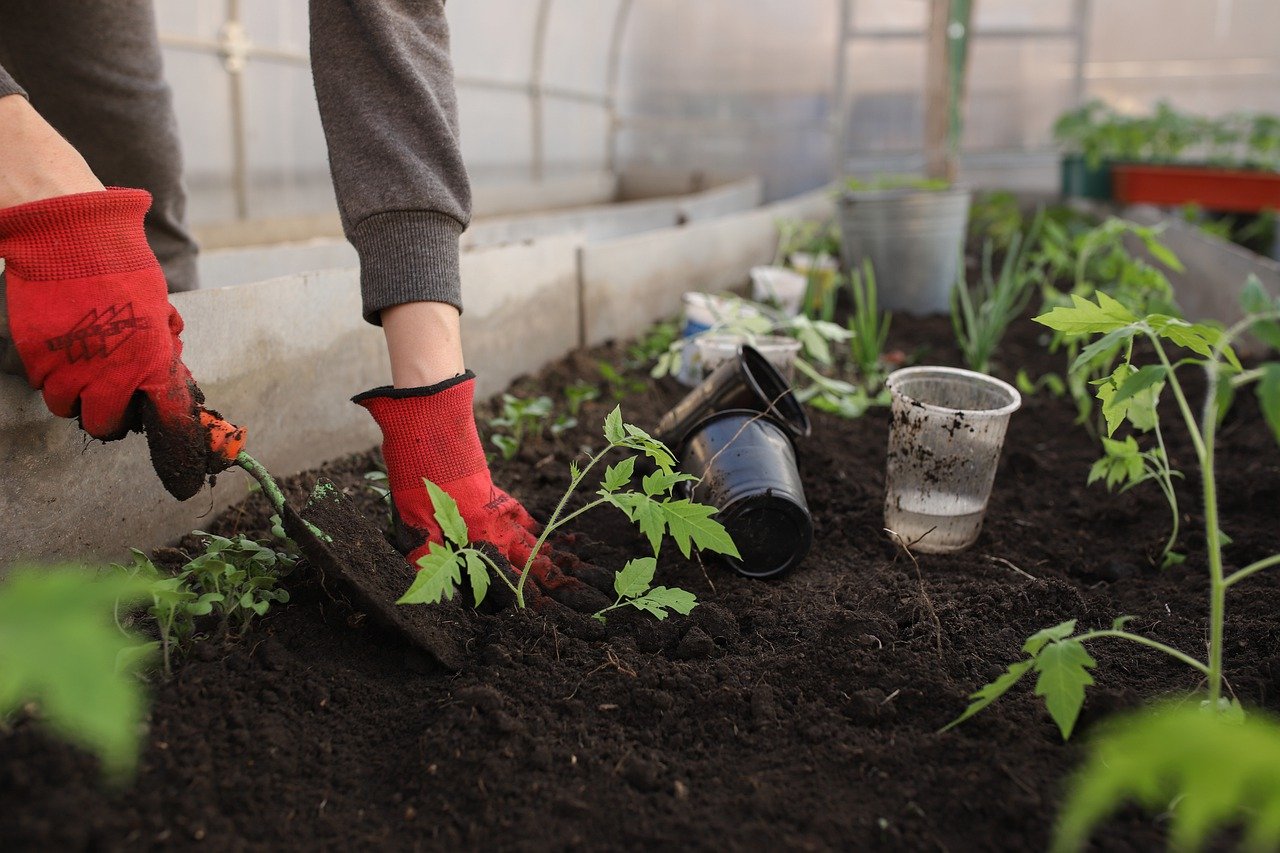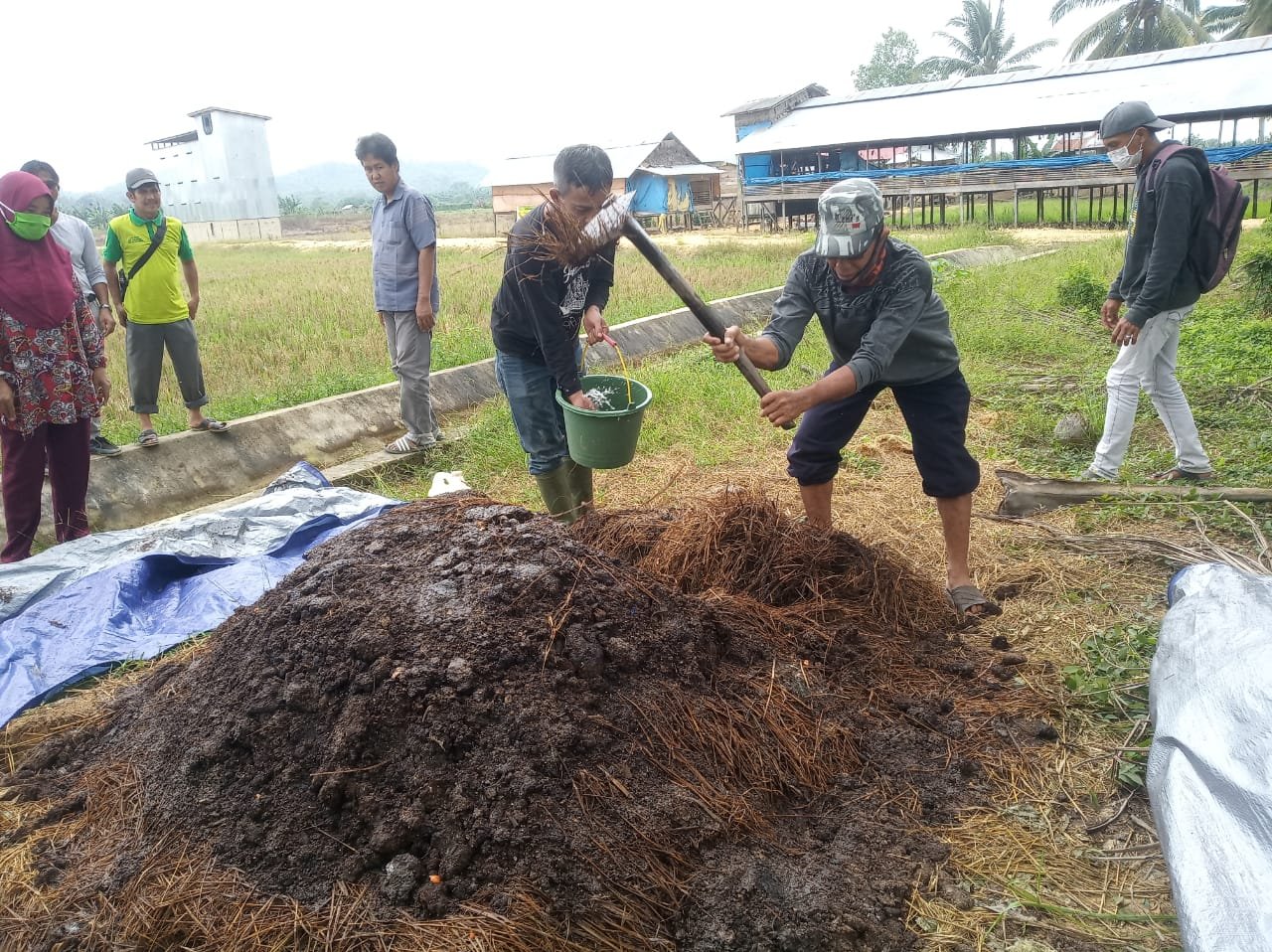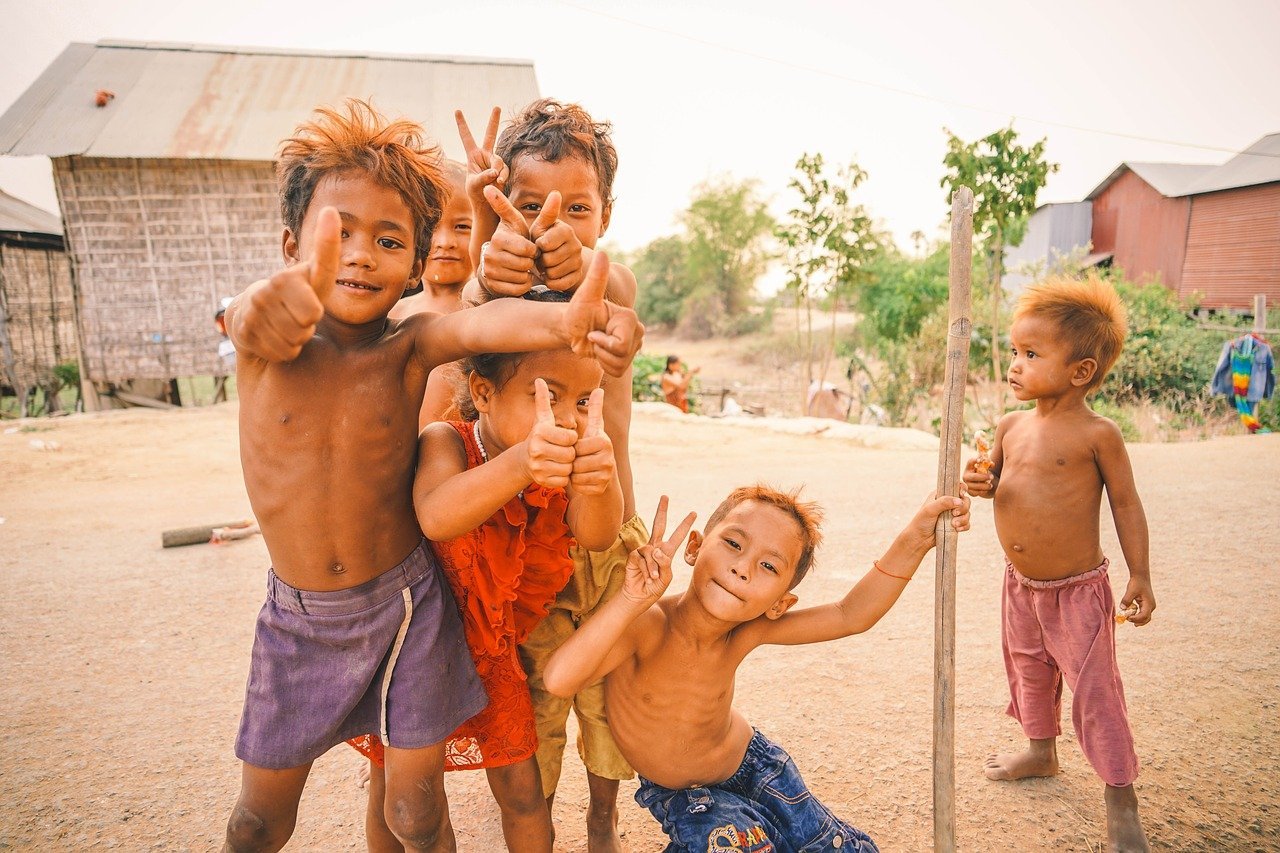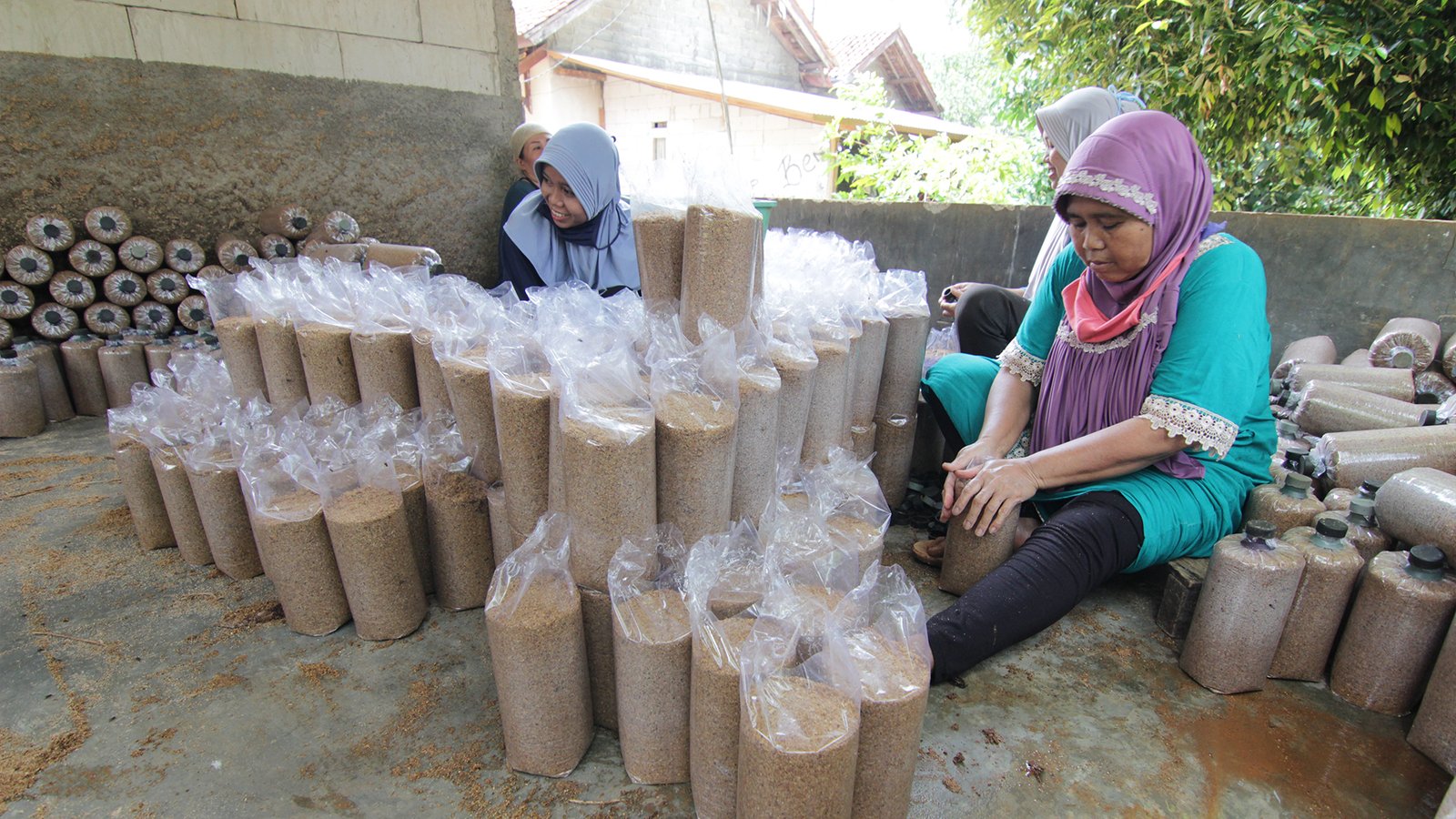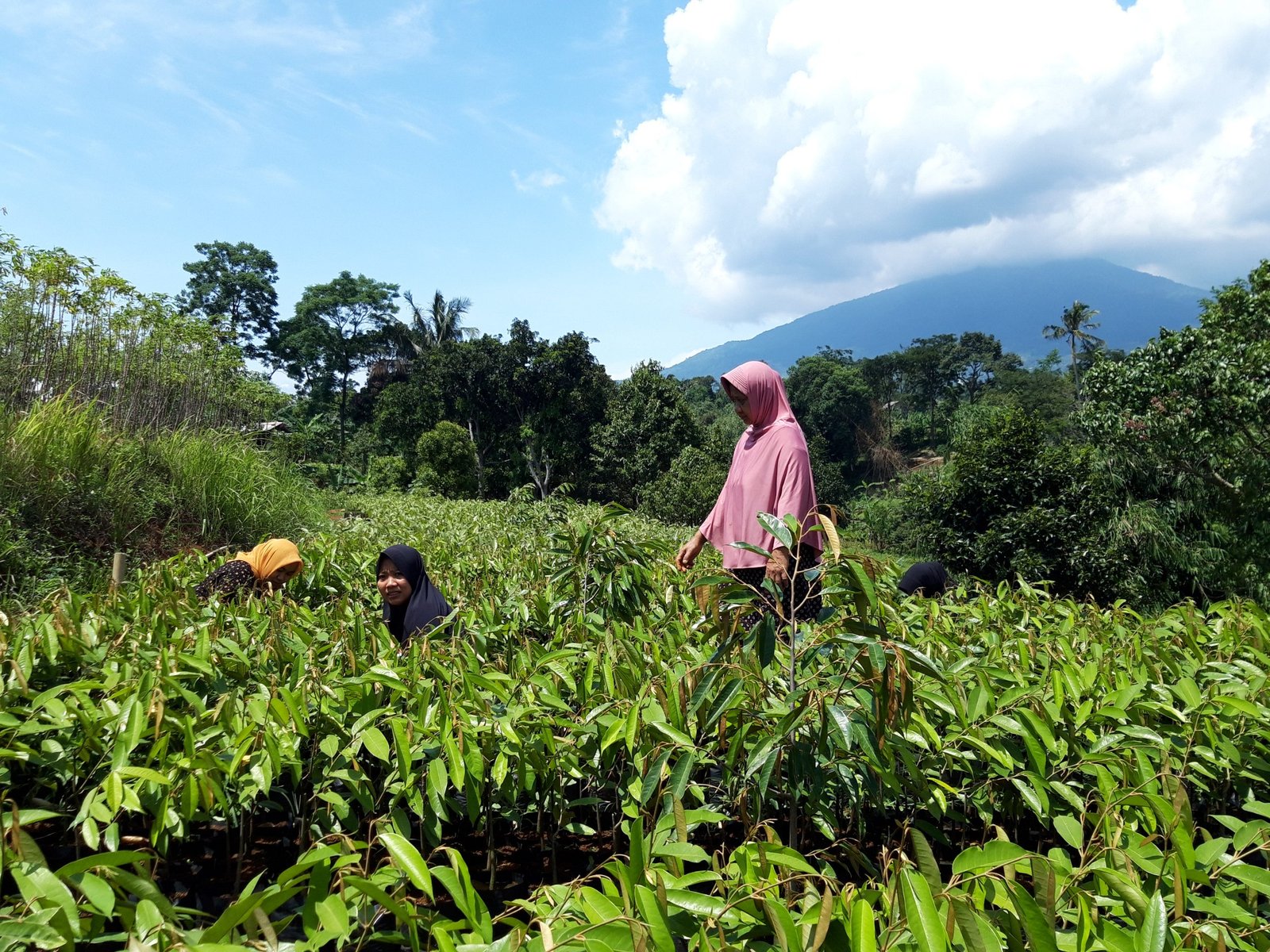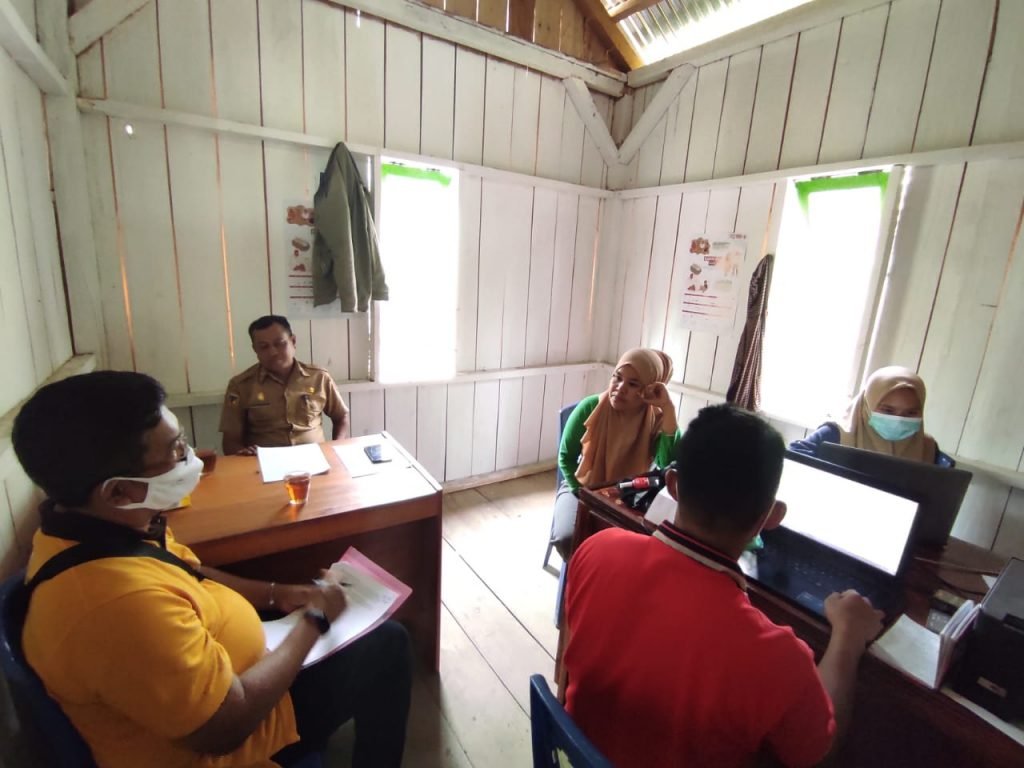
The current Covid-19 pandemic has impacted the economic activities of most countries in the world, including Indonesia. To avoid further adverse impacts on the social and economic environment in rural areas, the government has taken a policy response by disbursing cash transfers to poor rural households.
One of them is the Direct Cash Transfer (BLT-DD) designed to maintain rural households’ purchasing power or consumption power due to weakening economic activity during the Covid-19 pandemic. As a new program, the implementation of the program launched by the government for rural communities needs to be identified as its contribution to the household economy.
The research program Identification of BLT-DD Implementation and Economic Recovery of Rural Communities and Microfinance, conducted by GIZ in collaboration with Bina Swadaya, is expected to formulate and improve policies or inputs on the BLT-DD program and recommendations for strengthening aid distribution.
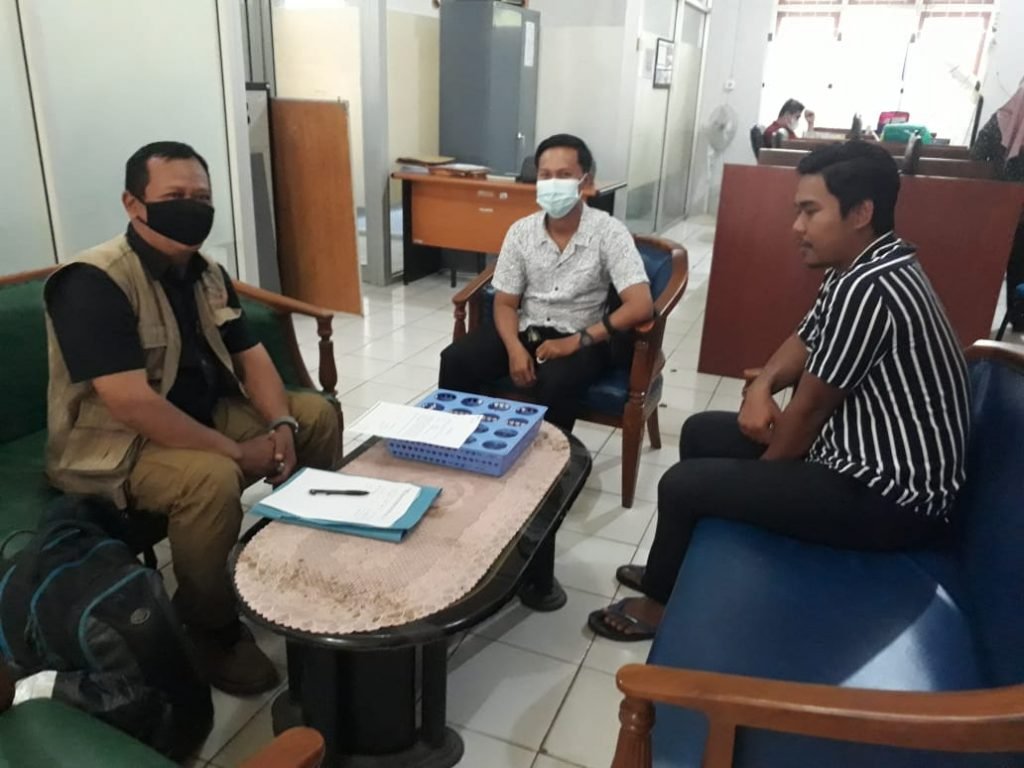
To see the benefits of the policy program, the team from Bina Swadaya Konsultan conducted qualitative research in 6 provinces in Indonesia such as West Java, Central Java, Yogyakarta Special Region, East Kalimantan, Central Sulawesi, and East Nusa Tenggara. The total number of research respondents from the entire province amounted to 151 people consisting of farmers, traders and housewives.
Social assistance rural communities receive mostly comes from the government and private institutions through CSR. The social help from the government received by low-income families comes from the Ministry of Social Affairs, social assistance from the President, assistance through banking and service from district offices.
The study’s results also found that the obstacle most felt by low-income families in rural areas during the pandemic was the lack of food costs. Therefore, residents consider the BLT-DD program effective because it can meet varied food needs and is suitable for each family.
However, in the distribution of BLT in the field, several problems were also found that resulted in the distribution failing to run smoothly. One was located in Bogor Regency, where people protested against social assistance from the Regency Government directly to people experiencing poverty. The influencing factor is the Integrated Social Welfare Data (DTKS) which is not confirmed in advance by the office with the Village Government, so social assistance is widely mistargeted.
Based on these case examples, the principle of subsidiarity should be applied in the verification process. Synergy between community leaders, RW leaders and RTs should be involved when proposing beneficiaries and verifying DTKS in special deliberations. Three functions can be carried out by community leaders along with RW and RT leaders in the distribution of BLT-DD: verification, socialisation and complaint handling.
The principles of transparency, participation and deliberation applied in the distribution of BLT-DD are the key to a high level of public trust in the distribution of village fund absorption assistance of 99.95% in December 2020.
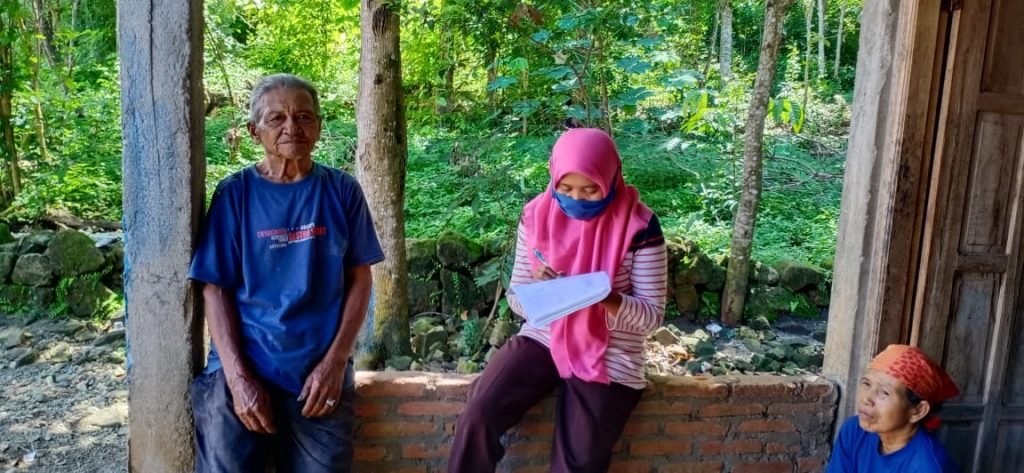
From the study results, the distribution of Direct Cash Assistance through Village Funds (BLT-DD) is quite effective for low-income families in Indonesia. However, some lessons need to be learned from implementing BLT-DD at the policy level. Namely, a delegation of RT level verification must be accurate and, at the same time, be the closest place to ask questions for people with low incomes.
Various types of assistance from the government in the future can also be integrated to avoid confusion in the community that can trigger misunderstandings. In addition, it is also necessary to equate perceptions of handling Covid-19 to improve cross-sector coordination in public services.
Meanwhile, good things or learning still found at the community level are jimpitan, cantelan, social funds or mutual aid, which become traditions and social capital that can continue to be developed. Community involvement in group activities is also important in mitigating disaster risks such as the Covid-19 pandemic to carry out joint movements in the region.

